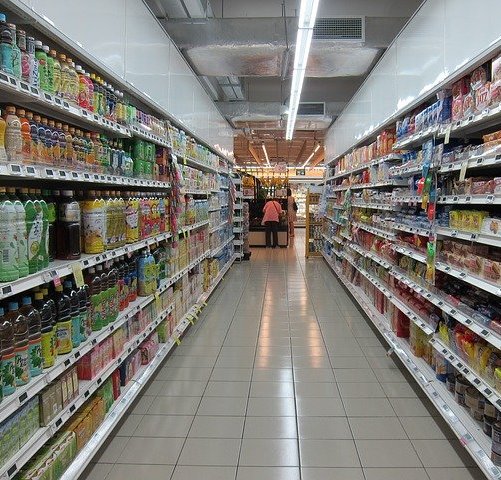Rome [Italy], Sep 3 (ANI): Global food prices rose for the third consecutive month in August influenced by generally firmer demand and a weaker US dollar, according to a report released on Thursday by the Food and Agriculture Organisation (FAO) of the United Nations.
The FAO food price index, which tracks the international prices of the most commonly traded food commodities, averaged 96.1 points in August, up 2 per cent from the previous month and reaching its highest level since February.
The FAO cereal price index rose by 1.9 per cent from July, averaging 7 per cent above its value in August 2019, with coarse grains leading the rise. Sorghum prices rose 8.6 per cent and stood at 33.4 per cent above their year-ago level, mostly on the back of strong import demand by China.
Maize prices rose 2.2 per cent amid concerns that recent crop damages in Iowa would impact supply. International rice prices also rose, underpinned by seasonally tight availabilities and increasing African demand.
The FAO sugar price index rose by 6.7 per cent from the previous month, reflecting reduced production prospects due to unfavourable weather conditions in the European Union and Thailand, the world’s second-largest sugar exporter, as well as strong import demand by China.
The FAO vegetable oil price index increased by 5.9 per cent, led by firmer values for palm oil especially but also soy, sunflower and rapeseed oils. The moves mainly reflect prospective production slowdowns in leading palm oil-producing countries amid firm global import demand.
The FAO dairy price index was virtually unchanged from July with cheese and whole milk powder quotations declining amid expectations of ample seasonal export availabilities in Oceania while butter prices rose due to tightening export availabilities in Europe in the wake of the August heatwave reducing milk output.
The FAO meat price index was also almost unchanged since July — although down 8.9 per cent from August 2019 — as the effect of lower import demand for bovine, poultry and ovine meats was offset by surging import demand for pigmeat from China.(ANI)
To Listen to this News click on the play button.











